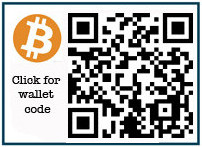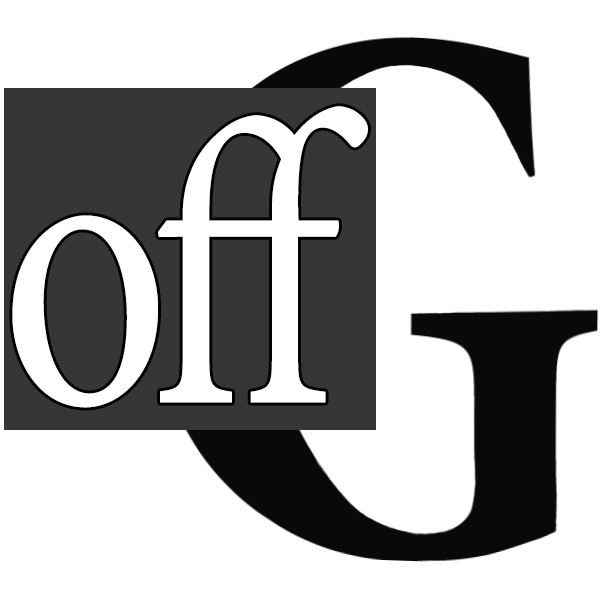The World on the Brink of WW3 – Sputnik News
from Sputniknews.com
As Washington continues to sound its war drums despite the second Minsk ceasefire, it’s worth asking why NATO continued to remain such a bellicose organization after the end of the Cold War, and what its objectives are if peace isn’t enough.
It so happens that the fate of the world is now being decided in Ukraine, not so much by the Ukrainians themselves as by the US, EU and Russia, whose geopolitical interests have clashed in this region. The talk about WW III figures increasingly often in the media and conversations among the scholars and general public. Politicians try to allay their compatriots’ fears, but their vociferous statements merely boost this scenario.
The Minsk 2 Agreement offers at least a slim chance of moving away from a military confrontation that would destroy a good deal of the northern hemisphere, if not indeed the entire world. Yet those who view this agreement as Putin’s triumph are not at all willing to pressure Kiev into abiding by it.
There is no mystery here. The bloody chaos in Ukraine was devised not to help its people, but to weaken Russia geopolitically and topple the current leadership while mouthing noble slogans of promoting freedom, democracy and other fine Western values. So in view of those who started this mess as long as these goals are not achieved the war in Ukraine must go on even if it may escalate into an open conflict between Russia and the West. The hawks, or the War Party, do not realize that their policies contravene America’s long-term strategic interests, and are turning an important potential ally into a dangerous foe.
It did not have to be that way. After the collapse of communism and the Soviet Union’s disintegration, the Russian elite and a vast majority of the public were only too eager to join the Western world. In 1990 President George Herbert Walker Bush spoke of “a Europe whole and free” and of “the new security arch from Vancouver to Vladivostok”.
According to many political observers the roots of the current crisis lie in the NATO expansion which took place after collapse of USSR. It is true that there is no signed document to confirm Bush’s promise to Gorbachev that NATO would not expand eastward. However, there are lots of reliable and trustworthy witnesses who offer convincing evidence to the effect that Washington broke at least its oral pledge to Moscow.
According to then-US Ambassador to Moscow Jack Matlock, who took part in both the Bush-Gorbachev early-December 1989 summit in Malta and the Shevardnadze-Baker discussions in early February 1990: “The language used was absolute, and the entire negotiation was in the framework of a general agreement that there would be no use of force by the Soviets and no ‘taking advantage’ by the US … I don’t see how anybody could view the subsequent expansion of NATO as anything but ‘taking advantage,’ particularly since, by then, Russia was hardly a credible threat.”
There are other reliable witnesses of those historic events, for example, James Baker, Secretary of State in that period, whose records on this matter have recently been declassified in the Berlin Archives.
In any case there is little doubt that it was Bill Clinton and his administration that moved sharply away from a rapprochement with Russia toward a deep divide and dangerous confrontation.
George Kennan, one of the most distinguished of American diplomats, later told the New York Times that he believed the expansion of NATO was “the beginning of a new cold war…I think it is a tragic mistake. There was no reason for this whatsoever. No one was threatening anybody else. This expansion would make the Founding Fathers of this country turn over in their graves.”
All together 19 US Senators, including John Ashcroft (R-MO), Tom Harkin (D-IA), Jim Inhofe (R-OK), Patrick Leahy (D-VT), Daniel Patrick Moynihan (D-NY), Harry Reid (D-NV), Arlen Specter (R-PA) and John Warner (R-VA) voted against the bill permitting the expansion of NATO. Some of them said the expansion would “dilute NATO’s self-defense mission, antagonize Russia, jeopardize several Russian-American arms-control negotiations and draw a new dividing line — a new Iron Curtain — across Europe.” Republican Senator Jon Kyl was the only one absent during the vote.
“We’ll be back on a hair-trigger,” said Senator Daniel Patrick Moynihan, a New York Democrat, warning that enlargement would threaten much worse than a new cold war. “We’re talking about nuclear war.”
Nevertheless NATO expansion proceeded apace, even though Russia was devastated by the 1990s economic crisis. Its unexpected recovery in the 2000s caught its opponents unawares, and George W. Bush continued carrying on with NATO enlargement and staging “color revolutions” in former Soviet republics.
Barack Obama started his term with some hopeful “reset” initiatives but the positive trend did not last too long.
The current, most sweeping global crisis erupted because the European Union with US blessing chose to rupture centuries-old historical, economic and family ties between Russia and Ukraine, using the same old slogans of promoting Western values.
Today it is abundantly clear that the Ukrainian people have not benefited from this policy which the February 2014 violent coup in Kiev. At the same time majority of the people in South-East Ukraine had different ideas about their future. When Maidan activists used violence to declare their desire to join Europe, whatever that means, people in Donetsk and Lugansk, given their history, demography, family ties and geographical location wanted to use something similar to Canadian and Austrian experience while maintaining close relations with Russia. They did not use specific slogans to that effect but it was pretty obvious due to the federative system and the two official languages in Canada as well as Austria’s nonaligned status.
For that they were shelled with heavy artillery, bombed from airplanes with tens of thousands of killed and wounded.
The infrastructure of this area is destroyed; there are hundreds of thousands of refugees and on top of that the world now indeed is teetering on the brink of a new disaster, possibly even nuclear. Not a single word of condemnation of Kiev by Washington or Brussels for doing that, so much for Western values.
It may be worth recalling that in the most dangerous periods of the Cold War the risks of military confrontation were defused by the Administrations of Eisenhower, Kennedy and Reagan. Yet there is no sign of this kind of awareness and responsibility among the Democrats or Republicans who are all trying to outdo one another as the biggest saber-rattlers against Russia.
There are the voices of Party of Peace among Americans and Europeans but so far they are obviously overwhelmed by the Party of War. Does it mean that the Russia – West military conflict is inevitable?
Edward Lozansky is the President and Founder of the American University in Moscow and the World Russia Forum. He is also a Professor of Moscow State and National Research Nuclear Universities.
Reblogged from Sputniknews.com
SUPPORT OFFGUARDIAN
If you enjoy OffG's content, please help us make our monthly fund-raising goal and keep the site alive.
For other ways to donate, including direct-transfer bank details click HERE.




